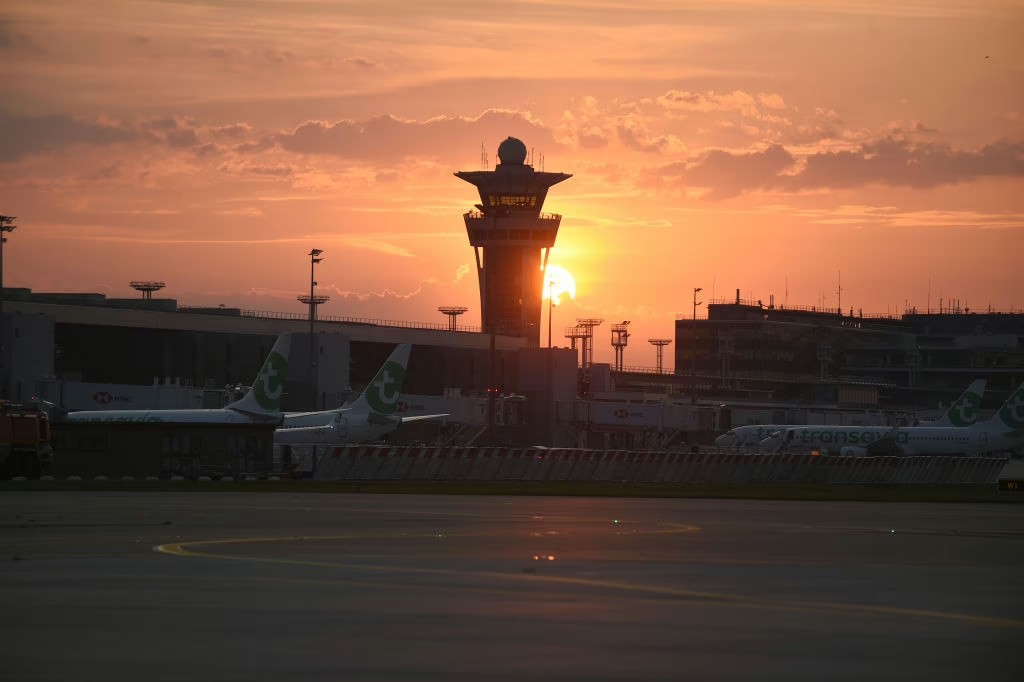
PARIS—France has welcomed a European Commission (EC) announcement that the country can legally ban domestic flights for which there is a rail alternative of under 2.5 hr.
The French government decided at the beginning of the COVID-19 pandemic to impose a ban on domestic flight routes for which high-speed train routes lasting under 2.5 hr. are available. It was one of its conditions for providing multi-billion-euro loans and guarantees as a state bailout to Air France. France, home of the high-speed train, later decided to broaden the restriction beyond just Air France.
“I welcome the commission’s decision, which will allow ... new steps in the effective banning of flights when there is a rail alternative of less than 2.5 hr.,” French Transport Minister Clement Beaune said Dec. 2. “This is a major step forward, and I am proud that France is a pioneer in this field.”
However, environmental activist group Greenpeace says the law does not go far enough and urged France to follow the EC’s advice to include connecting flights in the ban. Greenpeace cited a report it published in October 2021 that says banning flights for which there is a rail alternative of less than 6 hr. would save the equivalent of 3.5 million metric tons of CO2 per year.
The French government now plans to seek public comments on the new law, after which the Council of State will have its say before its members vote on the law.
The decision should be reviewed in three years, according to the commission’s ruling.
Air France has teamed up with French rail operator SNCF to launch the Train+Air service, which allows travelers to make just one reservation that covers the train and air legs of their journeys to a number of French destinations. The partners recently launched a digital Train+Air offering, and Air France is exploring how it can work with other European rail operators in different countries on similar initiatives.
On Nov. 22, EASA and the European Union Agency for Railways signed a memorandum of cooperation, establishing regular dialogue between the two in a bid to better share information, knowledge and experience on safety, big data and sustainability.



